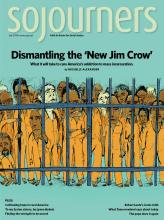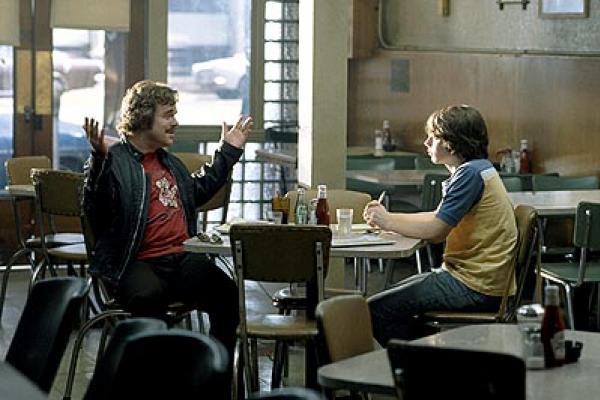DURING THE WINTER of my sophomore year in high school, a fistfight broke out in the cafeteria. It wasn’t anybody I knew especially well, and it didn’t get very far, but it marked a day in my life I’ll never forget.
Once the commotion started and the chant of “fight, fight, fight” rose up in the lunchroom, everybody stood to cheer and watch. I did too, craning my neck to try to see better, probably wearing a sophomoric smirk on my face. It felt to me as if the whole world had gotten to its feet.
Everybody except one person. I only noticed when it was over and all of us turned to sit back down. My friend JJ hadn’t budged. Judging by the fact that his sandwich was almost gone, he hadn’t even let the matter affect his lunch. He didn’t ask any questions about the fight—not who was involved, not whether there was blood, not who won—he just bit into his apple.
The rest of us tittered on about the whole thing. Who we were rooting for, whether it would continue at the park after school, blah blah blah. JJ just stared off into space.
Finally, the contrast felt too much for me, and I said, “Hey JJ, why didn’t you get up?”
“I don’t like fights,” he responded. Then he looked me straight in the eye and said, “You don’t like fights either.”
Read the Full Article

